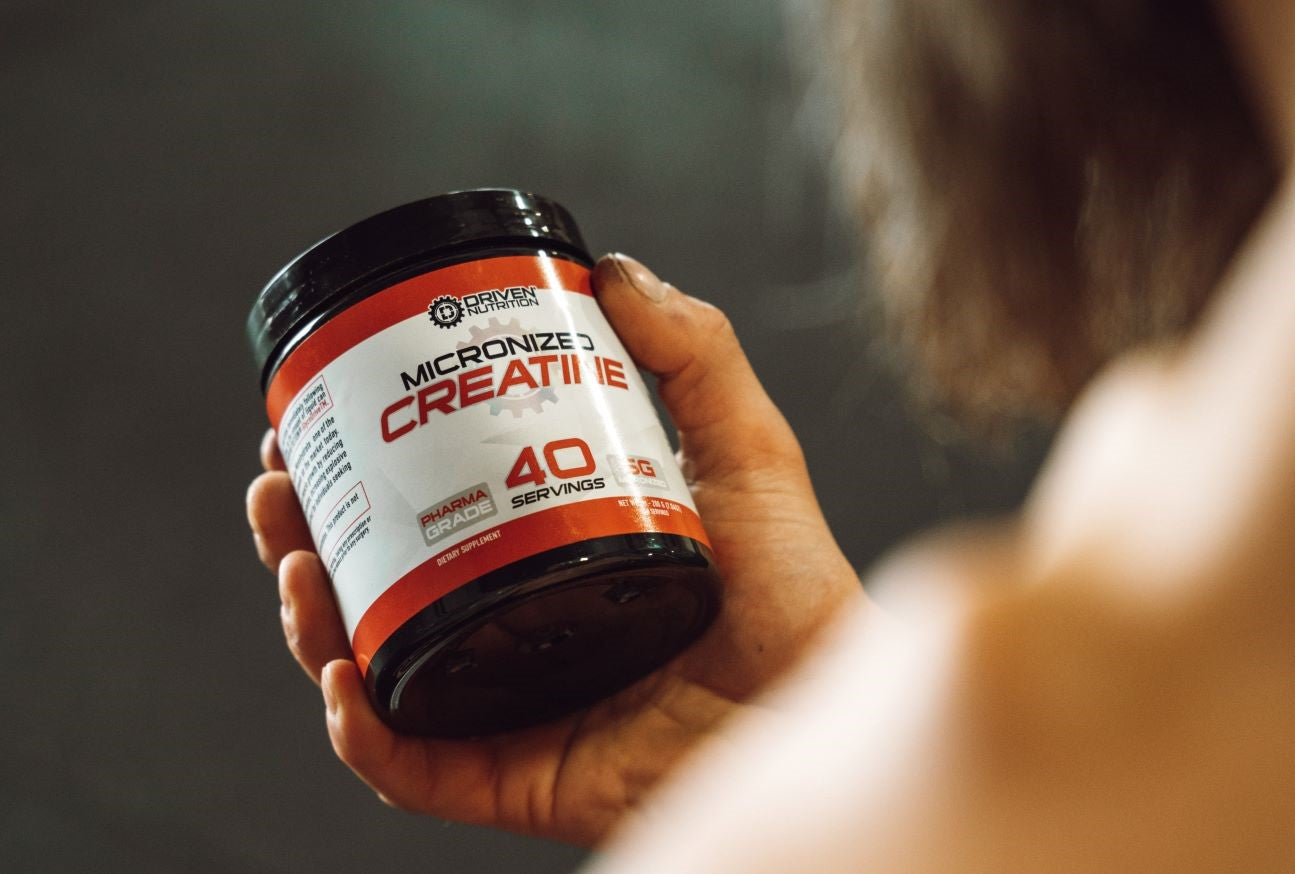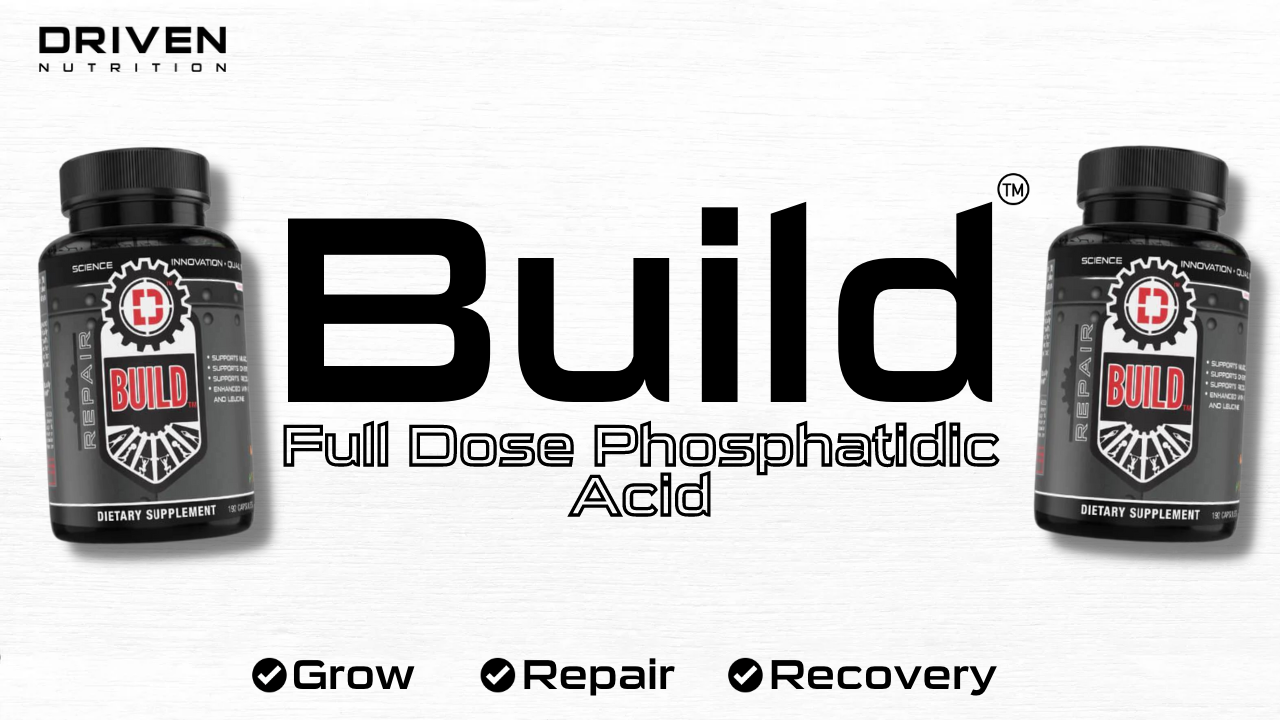
Today, I wanted to give you some great information about an overlooked supplement from the ISSN meeting that I attended in Vegas a few years ago.
I was doing some research on creatine and came upon the presentation.
I know, I know . . . You are thinking …”Oh yawn, creatine, how booooooooring.”
It may not be new or super exciting, but what if I said you could take your deadlift from 400 lbs to 432 lbs in only 5 days?
Or if your max bench press is 200 lbs, going to 216 lbs.
Say what? In only 5 days? That is crazy talk and smells like IG bro-science.
Turns out, it is possible – based on legit research.
The average strength gain by using creatine monohydrate was 8% in strength. This was from Dr Eric Rawson’s talk at ISSN a few years ago based on his review of the research. Dr Rawson has published a ton on creatine and was a guest on the Flex Diet podcast too.
That was an average from the studies - not just the 2 freak outliers.
Here is the catch though . . . If you have been eating tons of red meat, you may not see that much of a change since creatine is present in meat.
And if you have been using creatine as a supplement, even if you stopped for several weeks, odds are your rate of strength gain will be less.
Even if strength is not your #1 goal, check this out.
Dr Rawson also mentioned an average increase in muscular endurance of 14% which is even more impressive. If you are not looking to move the biggest weights for a single rep and your goal is 10 -15 rep max, creatine is still extremely beneficial.
Advanced Tip:
Let’s say you want to push the envelope on strength or muscular endurance increases. If that’s the goal, then use a loading dose of 20 grams per day for 5 days, taken in 4 divided doses of 5 grams. A simple schedule is . . .
- 5 gm creatine with breakfast
- 5 gm creatine before training
- 5 gm creatine after training
- 5 gm with dinner / evening.
Done for 5 –7 days, then drop to only 5 grams per day. This protocol is done to rapidly saturate your muscles with creatine.
If you are not in a huge hurry, consider 5 gram per day – taken any time. At the end of 30 days, you will be at the same level as the loading dose (20 gm per day for 5 days).
Simple methods that work! For supplements that have a ton of data to support their use and a reasonable cost, creatine is at the top of the list.
References:
1) Eric Rawson “Creatine Supplementation: From Basic Science To Bro-Science and Beyond” ISSN Annual Meeting, Las Vegas NV, June 2019.
2) Kreider RB, Kalman DS, Antonio J, Ziegenfuss TN, Wildman R, Collins R, Candow DG, Kleiner SM, Almada AL, Lopez HL. International Society of Sports Nutrition position stand: safety and efficacy of creatine supplementation in exercise, sport, and medicine. J Int Soc Sports Nutr. 2017 Jun 13;14:18. doi: 10.1186/s12970-017-0173-z. PMID: 28615996; PMCID: PMC5469049.
3) Antonio J, Candow DG, Forbes SC, Gualano B, Jagim AR, Kreider RB, Rawson ES, Smith-Ryan AE, VanDusseldorp TA, Willoughby DS, Ziegenfuss TN. Common questions and misconceptions about creatine supplementation: what does the scientific evidence really show? J Int Soc Sports Nutr. 2021 Feb 8;18(1):13. doi: 10.1186/s12970-021-00412-w. PMID: 33557850; PMCID: PMC7871530.
4) Antonio J, Ciccone V. The effects of pre versus post workout supplementation of creatine monohydrate on body composition and strength. J Int Soc Sports Nutr. 2013 Aug 6;10:36. doi: 10.1186/1550-2783-10-36. PMID: 23919405; PMCID: PMC3750511.
- - - - - - - - - - - - - - - - - - - - - - - - - - - - - - - - - - - - - - - - - - - - - - - - - - - - - - - - - - - - - - - - - - - - - - - - - - - - - - - - - - - - - - - - - - - - - - - - - - - - - - - - - - - - - - - - - - - - - - - - - - - - -

Mike T. Nelson, PhD, MSME, CSCS, CISSN, is a research fanatic who specializes in metabolic flexibility and heart rate variability, as well as an online trainer, adjunct professor, Associate Professor at the Carrick Institute, presenter, creator of the Flex Diet Cert, kiteboarder, and (somewhat incongruously) heavy-metal enthusiast. He has a PhD in Exercise Physiology, and a MS in Mechanical Engineering (biomechanics). The techniques he's developed, and the results Mike gets for his clients have been featured in international magazines, in scientific publications, and on websites across the globe. In his free time, he enjoys spending time with his wife, lifting odd objects, reading research, and kiteboarding as much as possible. You can find out more about him at his website at www.miketnelson.com



